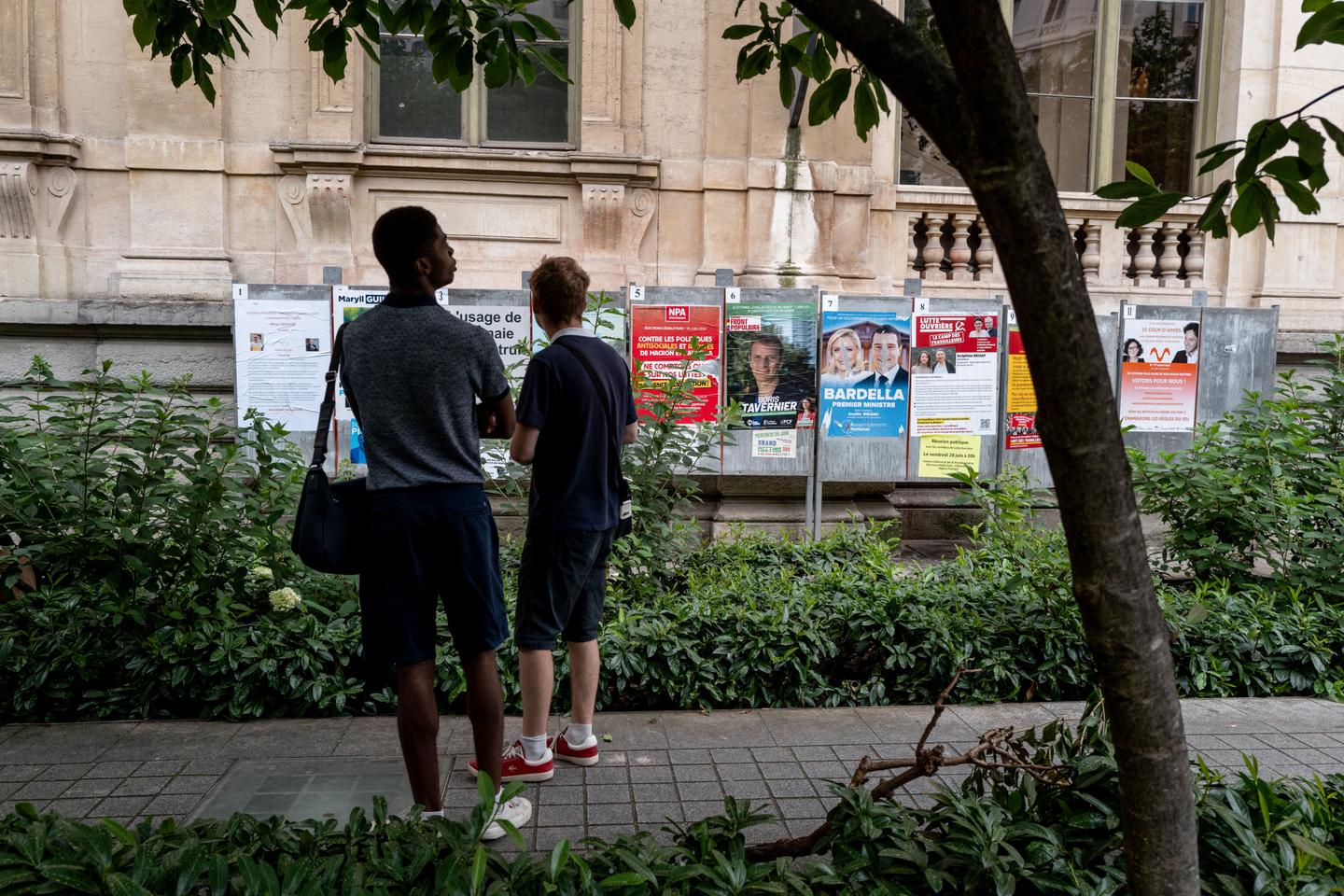goreckm
Active Member
It's not about the actuality of ranked ballots; it's about electoral-reform-advocacy as an alibi to spam a ballot paper w/80+ candidates. Just like you don't have to be in forceful disagreement with Just Stop Oil's cause to be in disagreement with their techniques...
I don't understand the criticism. Even of there's 800 candidates, do we really care? isn't it desirable to get more voices, parties, etc into our political system to shake things up? The current parties are completely and utterly devoid of any actual good ideas.






